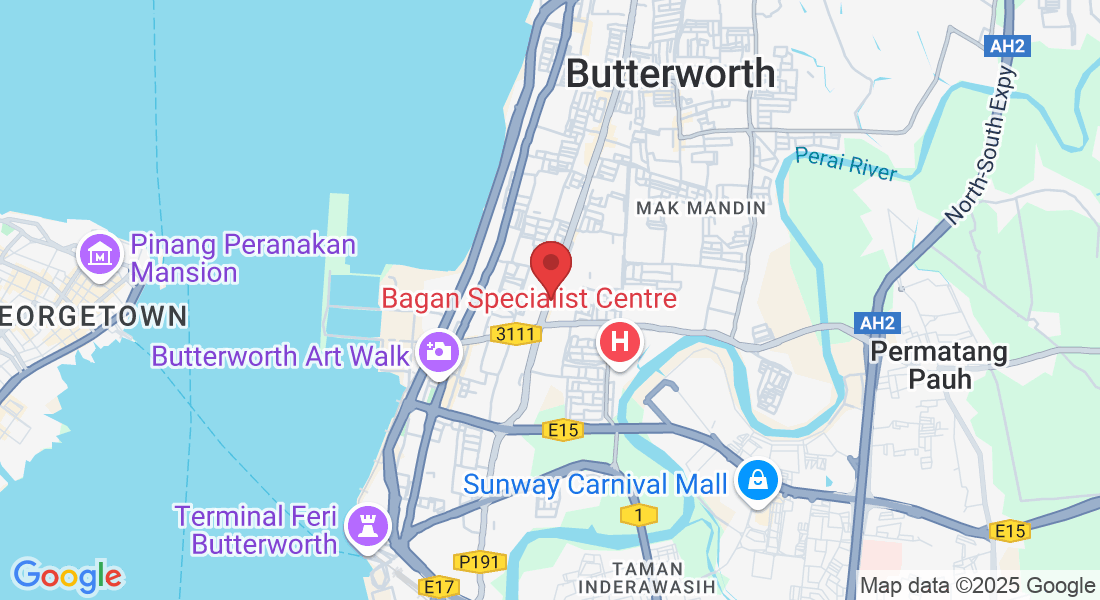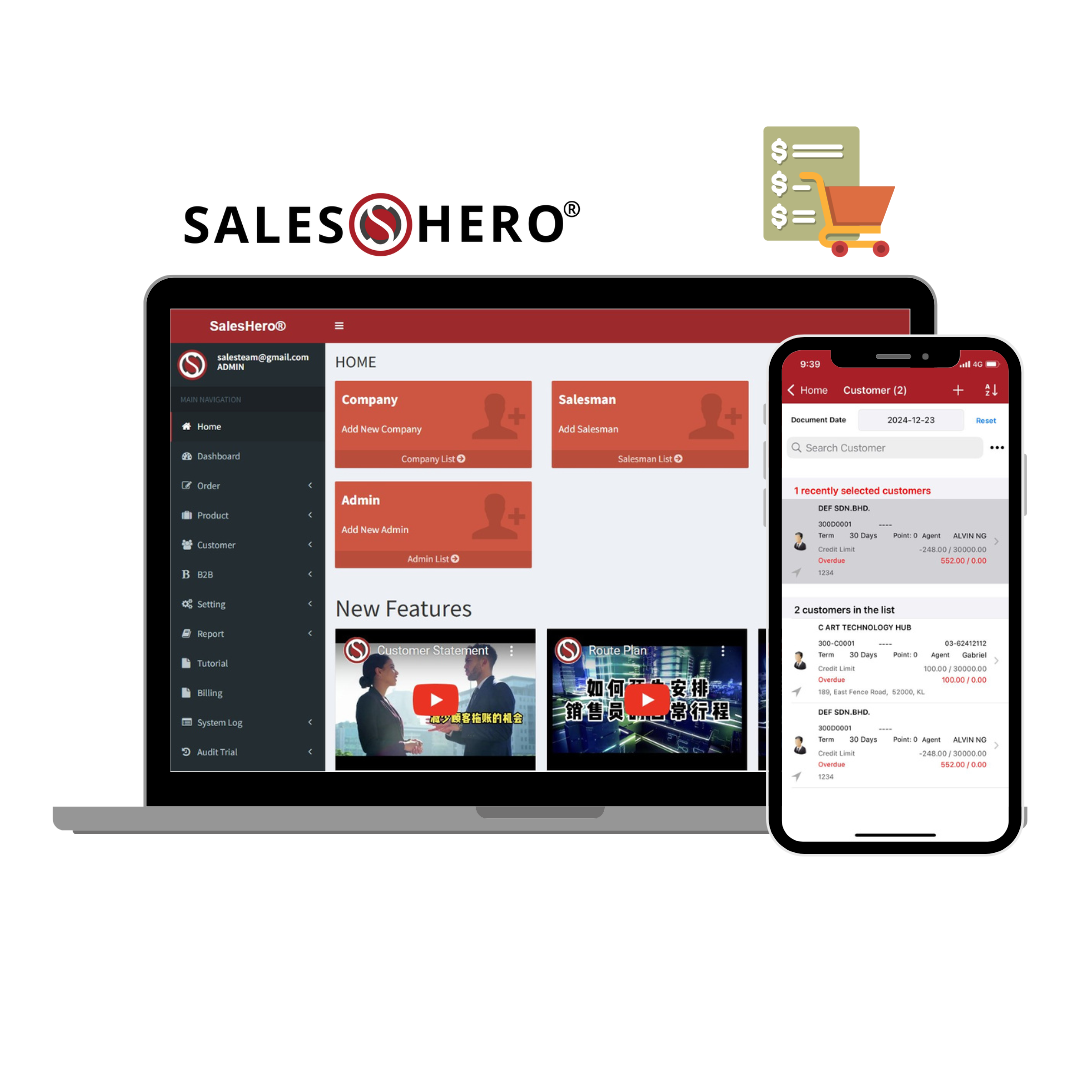
Create and Send Sales Order With Just Few Clicks
Sales order process is crucial for delivering a seamless customer experience, so it's important to get it right. Tools like SalesHero can help businesses automate sales order creation, ensuring your information stays accurate and up to date.

What is a Sales Order?
A sales order is a key document created by a seller to confirm the sale of goods or services to a customer. It includes important details like the quantity, quality, price, delivery date, delivery address, payment method, and any other terms related to the sale. This document acts as a formal agreement and helps businesses track and manage the orders they fulfill.

Comparison of Sales Order, Quotation, Invoice, and Purchase Order
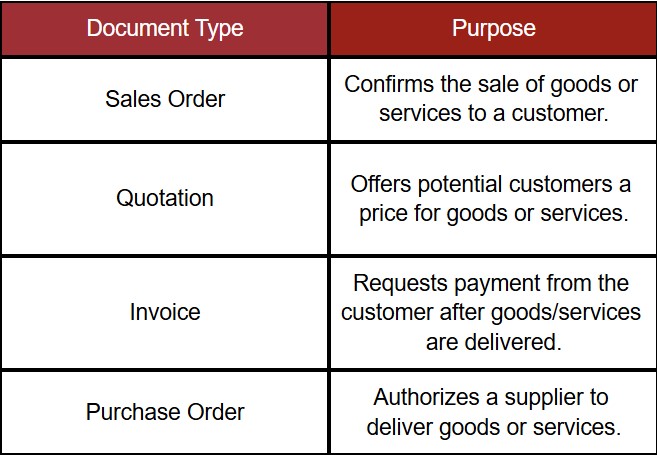
Document Type
Purpose
Issued By
When it's Used
Sales Order
Confirms the sale of goods or services to a customer.
Seller
After customer accepts a quotation or places an order.
Quotation
Offers potential customers a price for goods or services.
Seller
Before the customer places an order, as part of sales negotiation.
Invoice
Requests payment from the customer after goods/services are delivered.
Seller
After delivery of goods/services, when payment is due.
Purchase Order
Authorizes a supplier to deliver goods or services.
Buyer
When a buyer wants to order goods/services from a supplier.
How a Sales Order Template Look Like?
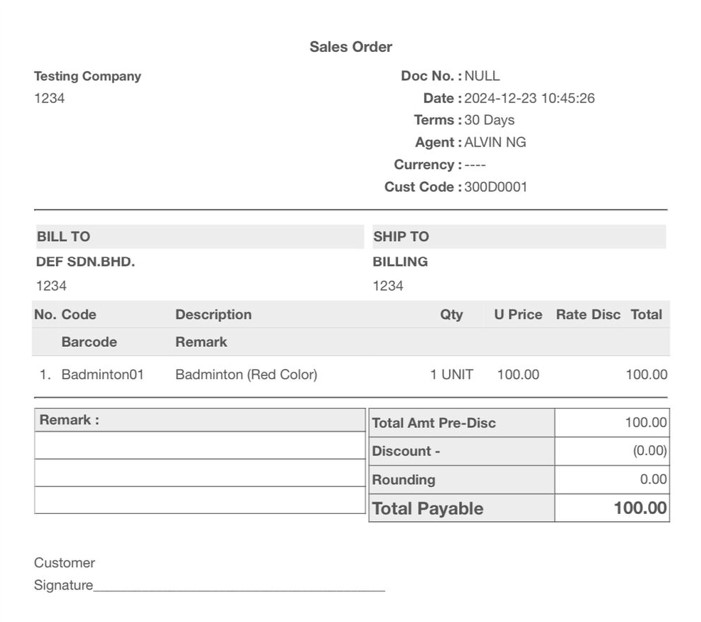
Generally, a sales order should includes the following details:
Company name and contact information
Customer name and contact information
Customer billing information
Customer shipping information
Product or service information
Price before taxes
Tax, delivery, and shipping charges
Total price after taxes
Any previous deposit
Current balance
Terms and conditions as defined by your company
Signatures
Any other relevant information as needed"
How Sales Order Processing Work?
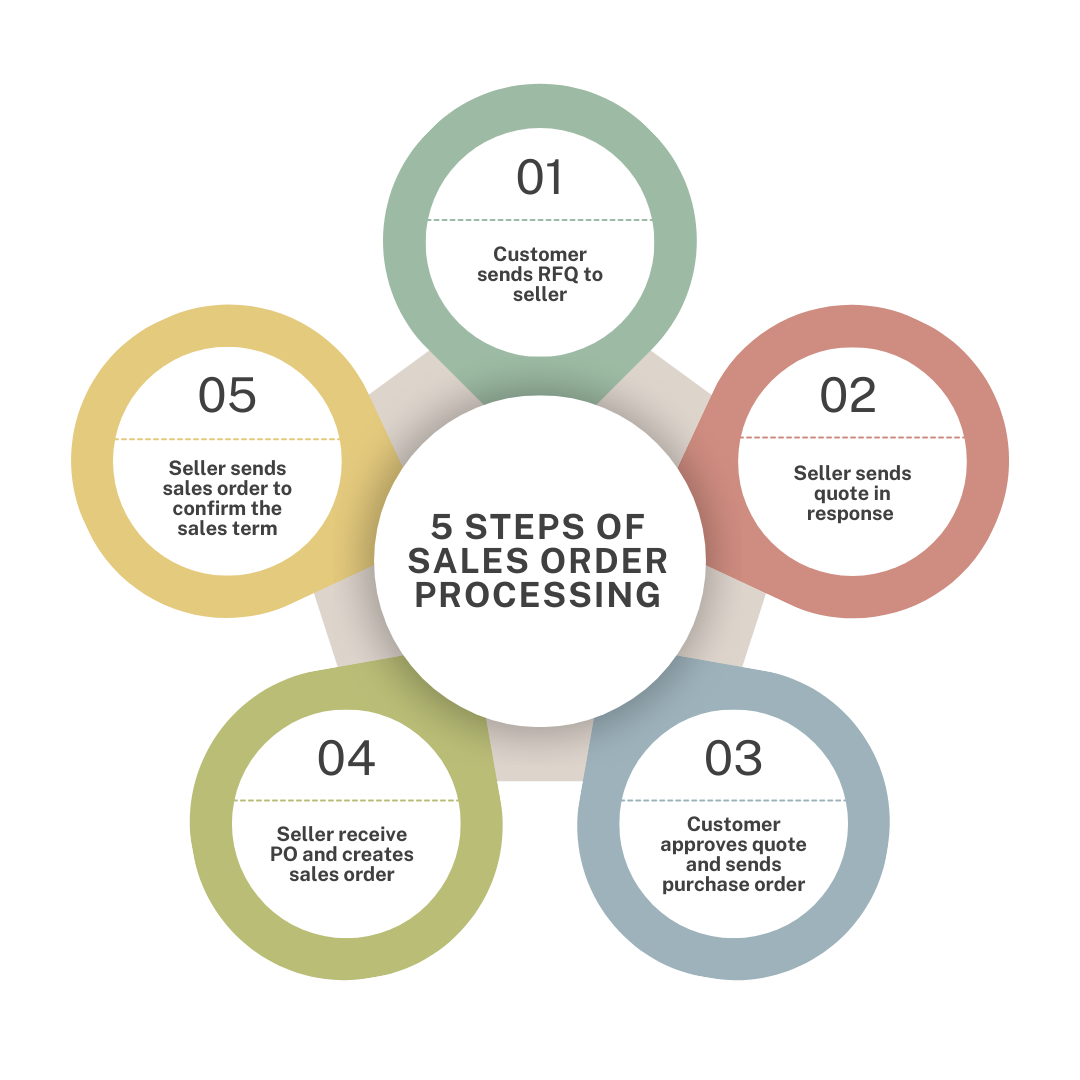
Customer Sends RFQ to Seller
The process begins when a customer sends a Request for Quote (RFQ) to a Seller. The RFQ typically includes details about the product or service the customer wants to purchase, such as quantities, specifications, and any special requirements. This step helps the vendor understand the customer’s needs and prepares them to provide an accurate quote.
Seller Sends Quote in Response
In response to the RFQ, the seller prepares and sends a quote back to the customer. The quote includes pricing, terms of sale, delivery timeframes, and any additional conditions. This step allows the customer to evaluate the offer and decide whether to proceed with the purchase based on the terms provided.
Customer Approves Quote and Sends Purchase Order
If the customer agrees to the quote, they issue a Purchase Order (PO) to the seller. The PO acts as a formal request to purchase the goods or services at the agreed terms. It includes important details such as item descriptions, quantities, pricing, and delivery requirements. The customer’s approval signifies their commitment to the transaction.
Seller Receives PO and Creates Sales Order
Upon receiving the PO, the seller processes it by creating a sales order. The sales order includes all the details from the PO, along with any necessary internal information for processing, inventory management, and fulfillment. This step ensures that the vendor has a clear record of the customer’s order and can begin preparation for delivery.
Seller Sends Sales Order to Confirm Sale Terms
After creating the sales order, the seller sends it back to the customer for confirmation. This confirms that both parties agree on the terms, including the price, quantity, delivery date, and any other relevant details. Once confirmed, the seller proceeds with fulfilling the order, initiating production or gathering the items for shipment.

Benefits of Using SalesHero for Sales Order Creation
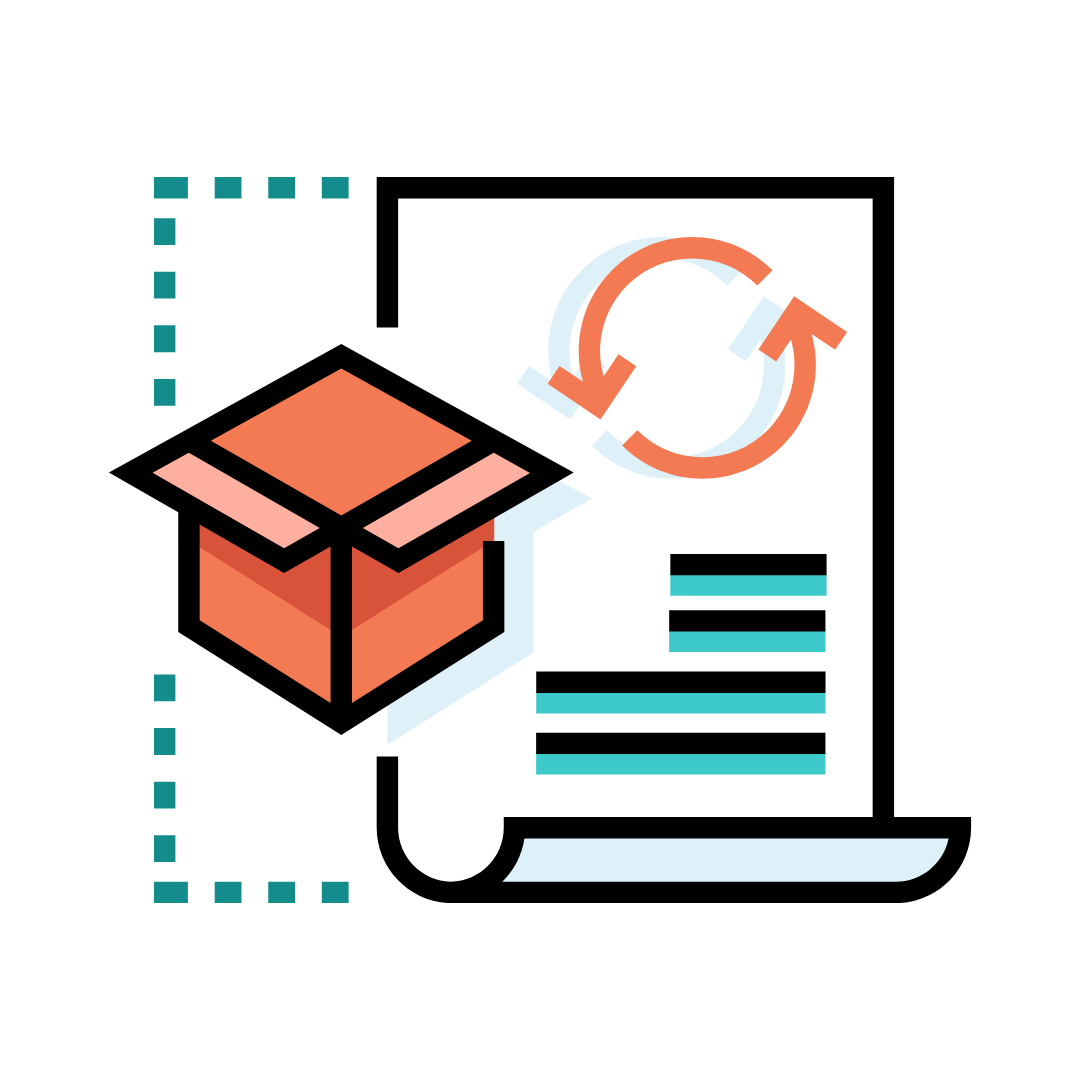
Efficient Order Processing
With just a few taps, sales reps can create and send accurate sales orders, reducing errors and ensuring quicker delivery.
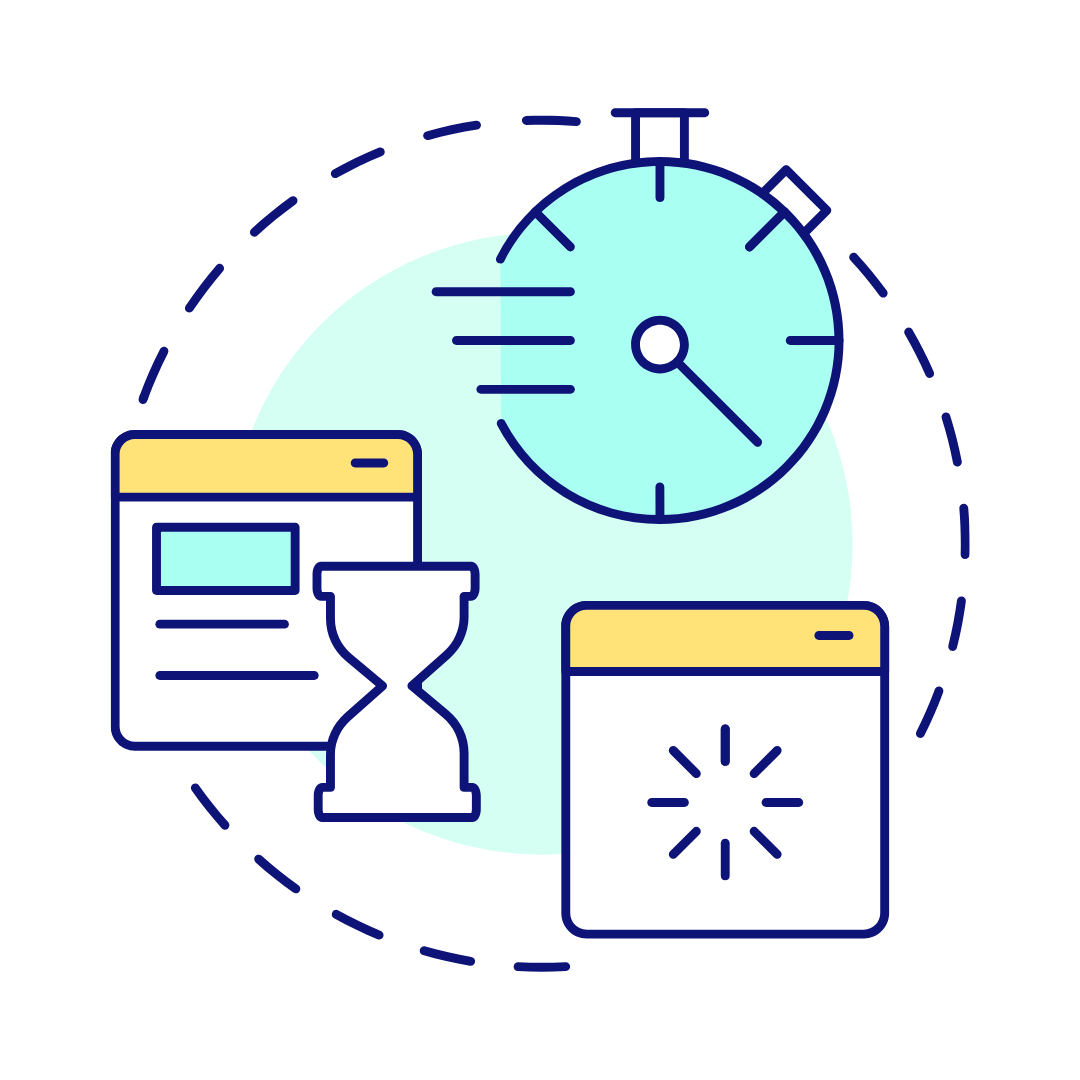
Faster Approvals
If sales orders need approval, the app speeds up the process with automated workflows, cutting down delays.

Easy Sales Order Customization
Sales reps can easily change quantities, add discounts, or modify details to meet customer requests. This flexibility creates a more personalized and professional experience.

Anytime & Anywhere
Sales reps can access the app from anytime and anywhere for sales order creation. This lead to faster delivery and better communication, boosting customer satisfaction and loyalty.
Watch Video on How to Manage Sales Order with SalesHero
Looking for More Advanced Customization?
Explore Other Key Features of SalesHero
Dashboard
Get in-depth insights into your sales performance with detailed analytics and reports. Monitor trends, track KPIs, and make data-driven decisions effortlessly.
Custom Price Rules
Easily set and manage different pricing tiers for the same product. Customize prices for wholesale, discounts, or individual customers to meet unique business needs
Check-In System
Track your field sales reps in real-time with ease. Monitor visits, verify client interactions, and ensure your team stays on schedule to increase overall sales productivity.

